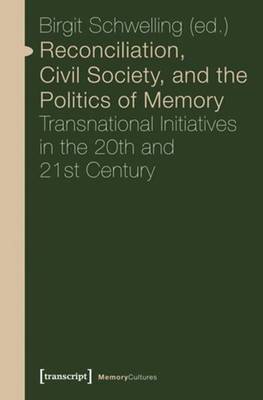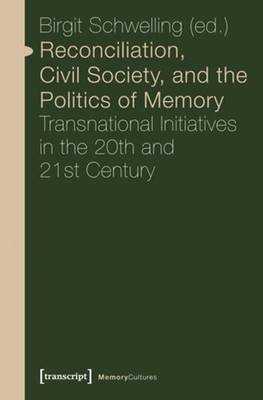
- Afhalen na 1 uur in een winkel met voorraad
- Gratis thuislevering in België vanaf € 30
- Ruim aanbod met 7 miljoen producten
- Afhalen na 1 uur in een winkel met voorraad
- Gratis thuislevering in België vanaf € 30
- Ruim aanbod met 7 miljoen producten
Zoeken
Reconciliation, Civil Society, and the Politics of Memory
Transnational Initiatives in the 20th and 21st Century
Birgit Schwelling
€ 57,45
+ 114 punten
Omschrijving
How did civil society function as a locus for reconciliation initiatives since the beginning of the 20th century? The essays in this volume challenge the conventional understanding of reconciliation as a benign state-driven process. They explore how a range of civil society actors - from Turkish intellectuals apologizing for the Armenian Genocide to religious organizations working towards the improvement of Franco-German relations - have confronted and coped with the past. These studies offer a critical perspective on local and transnational reconciliation acts by questioning the extent to which speech became an alternative to silence, remembrance to forgetting, engagement to oblivion.
Specificaties
Betrokkenen
- Auteur(s):
- Uitgeverij:
Inhoud
- Aantal bladzijden:
- 372
- Taal:
- Engels
- Reeks:
- Reeksnummer:
- nr. 2
Eigenschappen
- Productcode (EAN):
- 9783837619317
- Verschijningsdatum:
- 27/10/2012
- Uitvoering:
- Paperback
- Formaat:
- Trade paperback (VS)
- Afmetingen:
- 147 mm x 226 mm
- Gewicht:
- 589 g

Alleen bij Standaard Boekhandel
+ 114 punten op je klantenkaart van Standaard Boekhandel
Beoordelingen
We publiceren alleen reviews die voldoen aan de voorwaarden voor reviews. Bekijk onze voorwaarden voor reviews.








